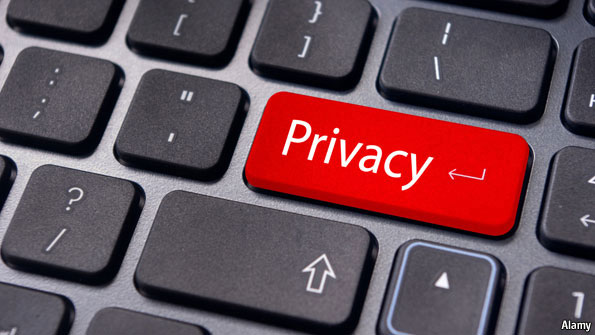How Do We Share Who We Are in an Online World?
I don’t know how many of you watched any of CBC’s Little Mosque on the Prairie when it aired (2007-2012). One episode that I remember after all this time is from season 5 (“Loose Lips”). The Imam, Amaar, meets a member of his community and in his attempt to give advice shares personal details about Rayyan (his fiancee). As a result, Rayyan finds herself hearing details of her personal life commented on and judged by members of the town, and is understandably upset. This can be a definite challenge in ministry when there’s the tension between wanting to be relateable and open, but still to have a personal life and not overshare about other people (my family members or friends). I want you to know who I am, but not everything about me, if that makes sense.
Of course, the implications are only compounded – and for all of us, not just those of us who happen to be in ministry – when the online world is taken into account. The question of sharing and privacy has come to the fore once again, with the news of the Cambridge Analytica scandal for Facebook that came to light mid-March and Mark Zuckerberg’s testifying before Congress this week. And of course, while the misuse of Facebook data is the most prominent at the moment, it is not the only instance of issues around privacy and our increasingly online world. What about the other places that gather our data – Google and others? You may or may not mind that information about you is used for advertising. Personally I found it annoying that once my searches began to include maternity wear, suddenly every website I visited seemed to show me advertising for maternity and baby items – but you might not mind. However, when our information is used during elections and other political contexts, it begins to feel more sinister. And, even setting that aside, whenever we put anything up online we have to remember that there is no longer any control we have over that information, and we cannot be sure that information will not reach hands we do not want it to meet.
So what are our options?
1) Opt out. Many people chose not to join social media accounts or share information online, or to close down accounts over privacy concerns. This can be a good way to address the problem, but it is not without challenges. Many people and groups now organize and share information over social media, so that not taking part can mean being out of the loop in many ways.
2) Share everything. The flip side to addressing privacy concerns is to overshare, and decide nothing in your life is private. But with AI learning algorithms, the implications of this might be beyond a simple question of privacy, but one of influence, that we’re not aware of. Also, when we share everything about ourselves, we end up sharing information about others, almost automatically.
3) Try to control what we share, and who we share it with. Privacy settings are one important tool, particularly for finding the line between workplaces and family life, or trying to protect our children. It also doesn’t resolve the question of big data.
Are there other options? What do you do? How do you find the balance between authenticity and privacy?
If you are interested in this topic, you might be interested in a TED talk by Zeynep Tufekci as well as last weekend’s episode of Spark, with topics related to Twitter, facial recognition, and more. You may also want to read about the new EU data protection laws coming into effect soon.
Finally, I’ve been assured that our Leaside Facebook page has not been affected by the Cambridge Analytica situation.
Blessings, Rev. Emily Gordon
